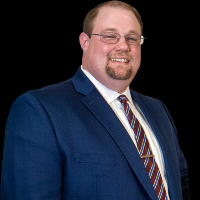Wagener DUI-DWI Lawyer, South Carolina
Sponsored Law Firm
-
 x
x

Click For More Info:
-
Clekis Law Firm P.A.
171 Church St, Charleston, SC 29401» view mapCriminal Defense Law Clekis Cares. We Listen to You.
Clekis Law Firm has been representing clients for over three decades.
800-725-6591
Jacob Taylor Bell
✓ VERIFIEDAsk J. Taylor Bell what he most enjoys about his criminal defense law practice and his response is unequivocal: “Fighting the power.” “Criminal ... (more)
G. Robin Alley
✓ VERIFIEDThe Law Firm of Isaacs & Alley is rated “AV Preeminent” by Martindale-Hubbell, which is the highest peer rating achievable for legal ability and e... (more)
Dayne C. Phillips
Dayne Phillips is a lawyer in the state of South Carolina who handles cases in the area of criminal law. He has tried cases dealing with dui, gun ... (more)
M. David Scott
Lori S. Murray
FREE CONSULTATION
CONTACTJohn Cheatham
FREE CONSULTATION
CONTACTFREE CONSULTATION
CONTACT Nicholas Clekis Charleston, SC
Nicholas Clekis Charleston, SC



